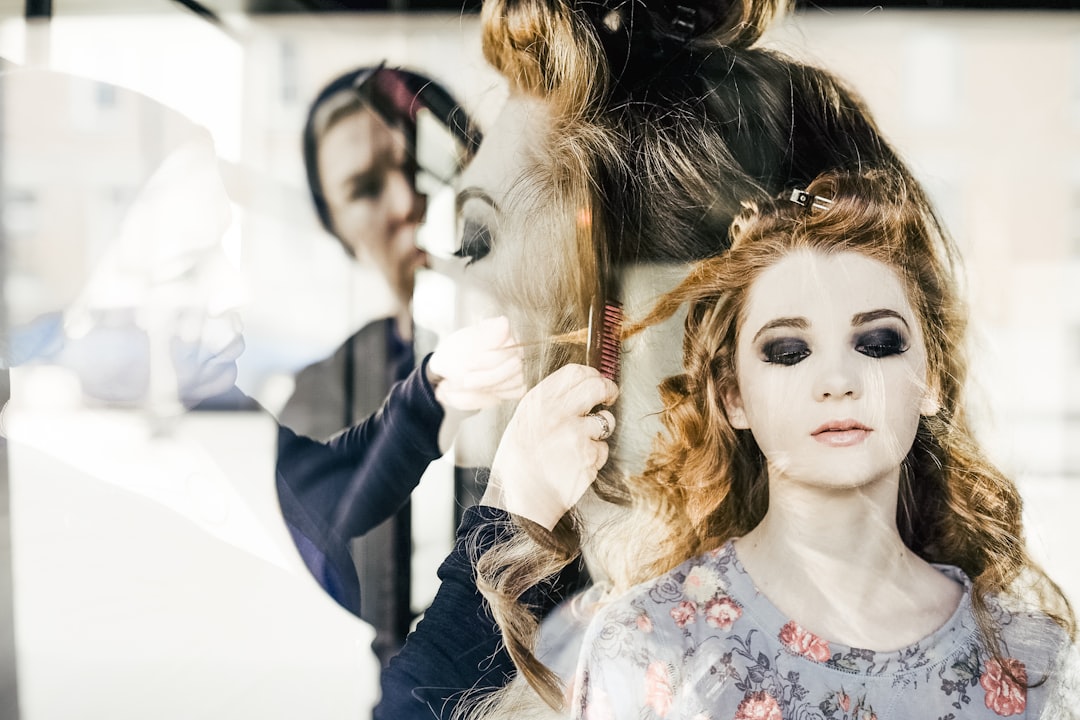Make-up Artist Kaitoi Whakapaipai Kanohi
Make-up artists apply make-up to enhance or alter people's appearances.
Make-up artists may do some or all of the following:
- consult with clients about the look they want
- read scripts and research the background to historic film or television productions
- write make-up sheets explaining what make-up look should be applied
- put make-up on clients and style their hair for special occasions and performances
- clean and sanitise their brushes and equipment
- make facial and body moulds (prosthetics) for actors to wear
- sell cosmetics
- create social media make-up demos, or give make-up lessons in person.
Physical Requirements
Make-up artists need:
- clear speech and good hearing
- normal colour vision
- good eyesight (with or without corrective lenses)
- good hand-eye co-ordination
- the ability to spend long hours on their feet.
Useful Experience
Useful experience for make-up artists includes:
- work as a beauty therapist, beautician or hairdresser
- work at a cosmetic counter, or other customer or retail work
- paid or voluntary make-up work for theatre or film.
Personal Qualities
Make-up artists need to be:
- able to relate to people from a range of cultures and backgrounds
- adaptable and good at solving problems
- good listeners
- accurate, with good attention to detail
- reliable and organised
- able to work well in a team
- motivated, with initiative.
Skills
Make-up artists need to have:
- knowledge of different types of skin and hair, and how to work with them
- knowledge of hygiene and how to avoid spreading infections
- an understanding of make-up, the latest styles and colours, and how to apply them
- basic hairstyling skills
- an understanding of camera and lighting techniques
- research skills, so they can make sure they use the correct make-up style for actors' needs
- sales skills.
Make-up artists who are self-employed also need business, marketing and social media skills.
Conditions
Make-up artists:
- may work long or irregular hours, including early mornings, weekends and evenings if they are working in television or film, or normal retail hours if they work in a store
- work in hair and beauty salons, stores, clients' homes, dressing rooms, film studios and on location
- may work in stressful conditions with short deadlines, or outdoors in all weather conditions
- may travel locally, nationally or internationally.
Subject Recommendations
No specific secondary education is required for this job. However, design and visual communication (graphics), media studies and drama are useful.
Related Courses
Make-up artists may progress to:
- set up their own business
- become make-up designers, who create the overall make-up look for films, television commercials, fashion shows or make-up collections.
Make-up artists who work in retail stores and hair and beauty salons may move into managerial or training roles.
Make-up artists may specialise in:
- hairdressing and wig application
- prosthetics – casting facial and body moulds for costumes
- video tutorials
- body painting.
Years Of Training
<1 year of training usually required.There are no specific requirements for becoming a make-up artist. However, you may find it useful to have:
- a certificate or diploma from a polytechnic or make-up school
- a portfolio showing your make-up ideas and style.

 Westlake Girls’ High School
Westlake Girls’ High School